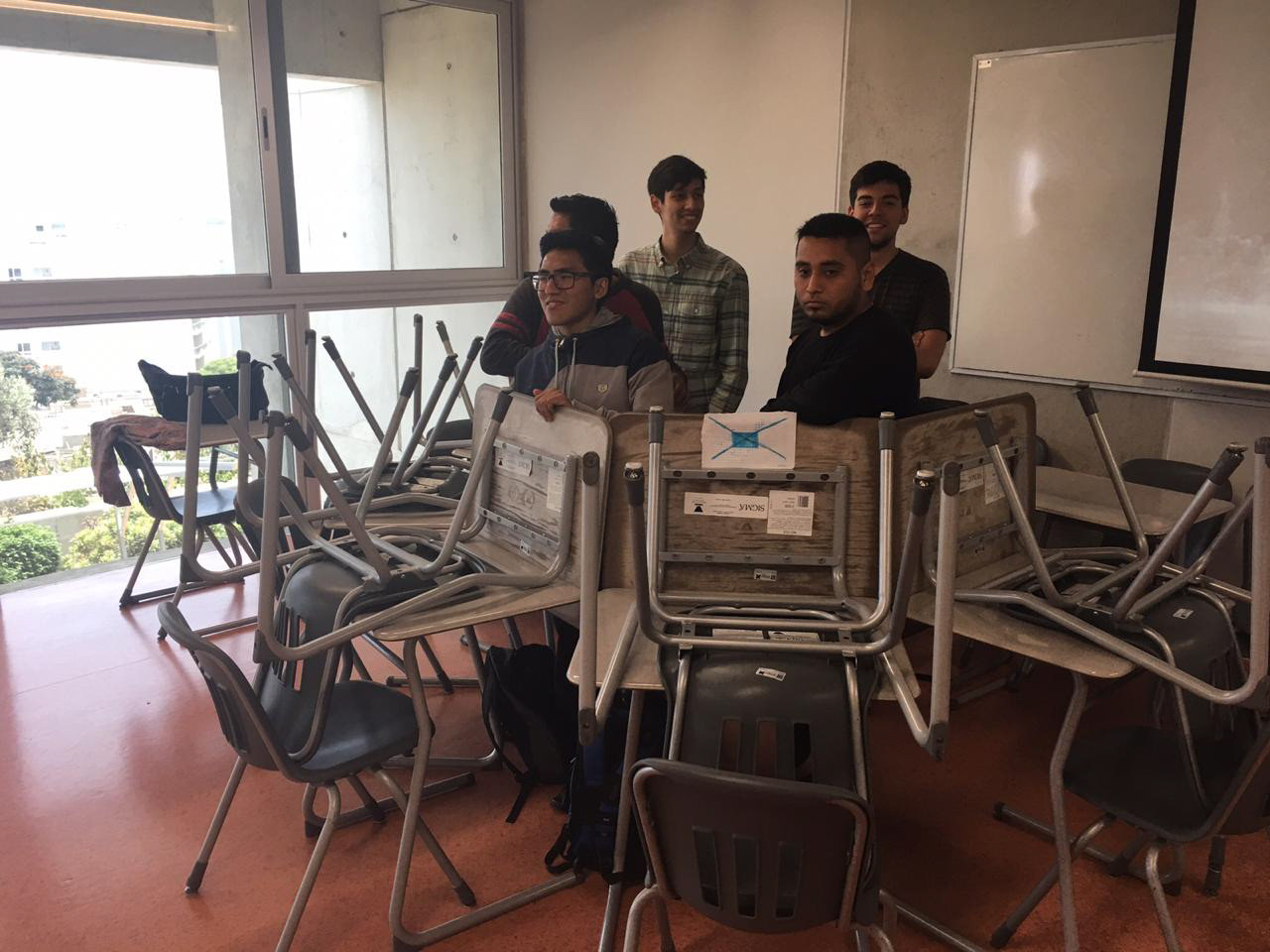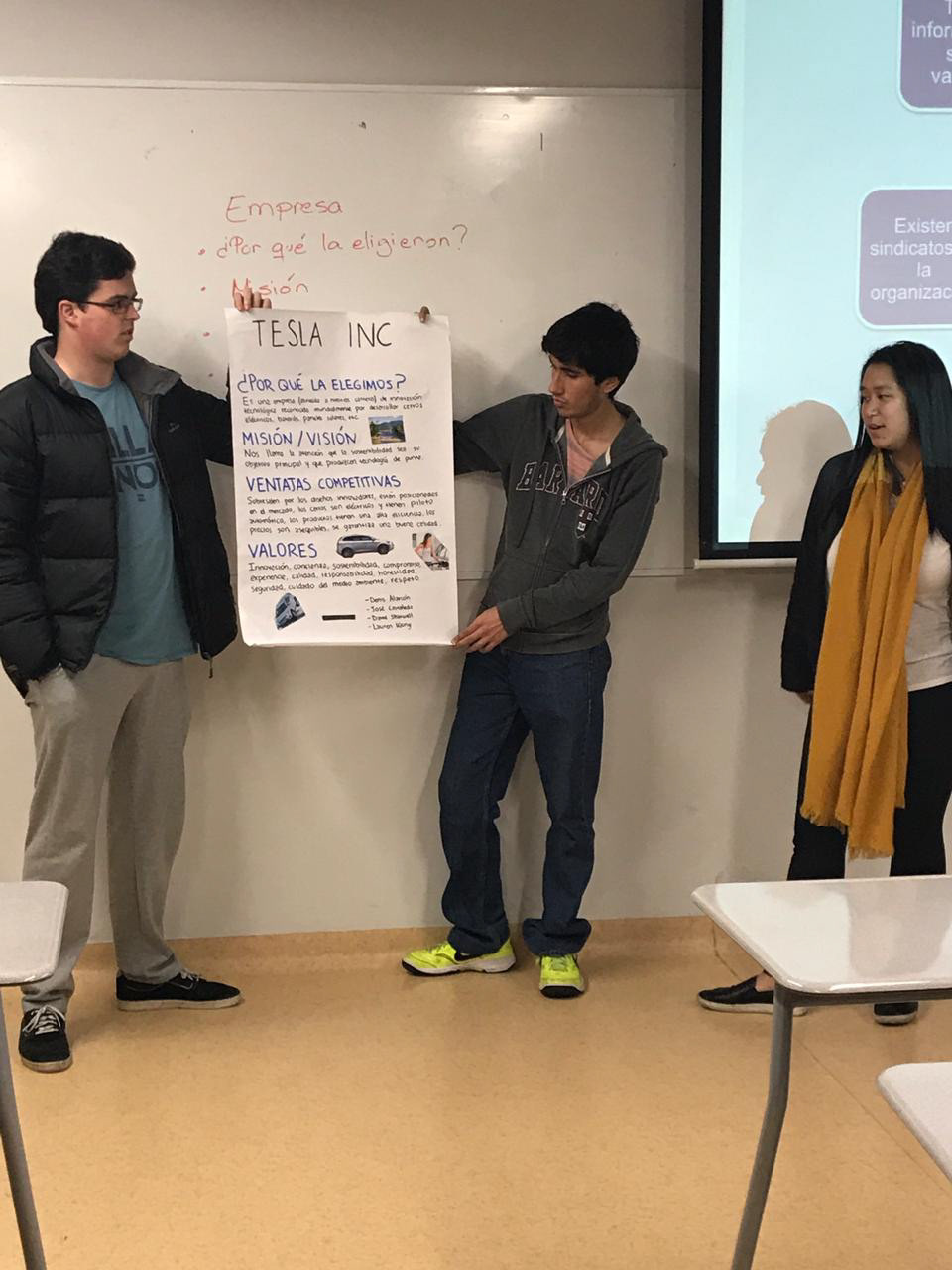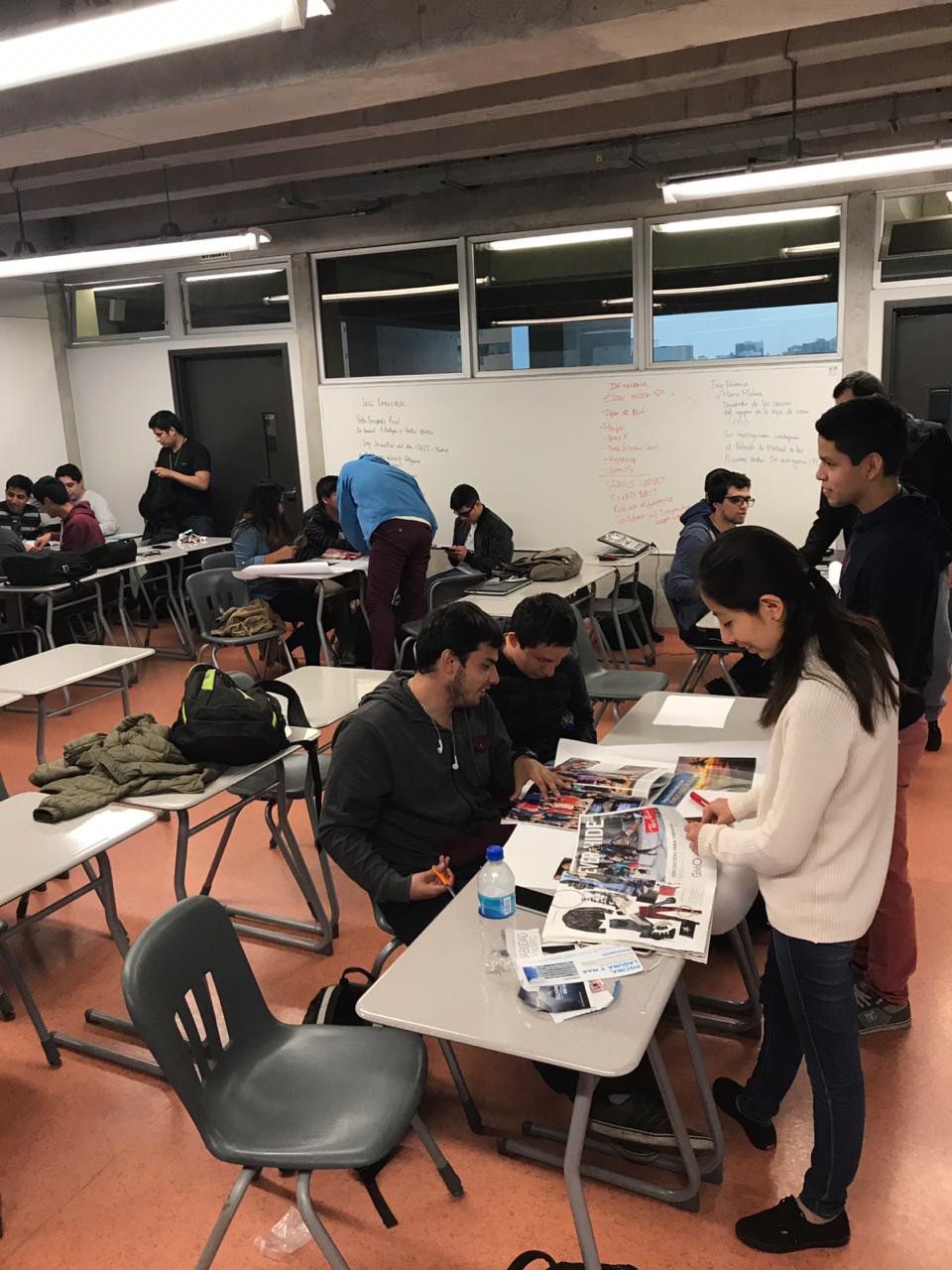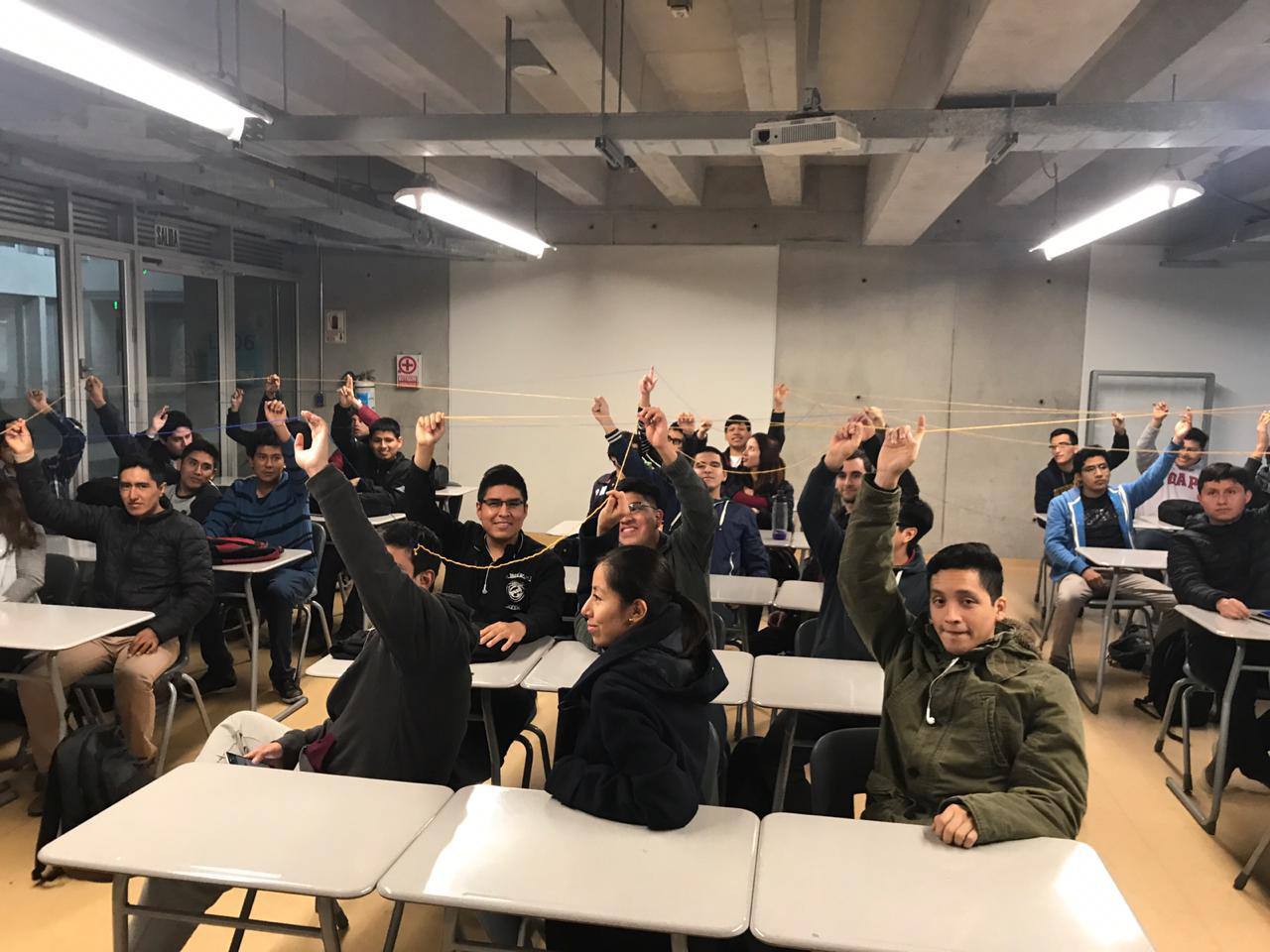Background
UTEC is an engineering university that believes that engineers should be trained more holistically in order to face today and future challenges. Therefore, the curriculum has been designed so that students take humanities and literature courses, as well as art, design thinking, and entrepreneurship.
UTEC is an engineering university that believes that engineers should be trained more holistically in order to face today and future challenges. Therefore, the curriculum has been designed so that students take humanities and literature courses, as well as art, design thinking, and entrepreneurship.
Designing Career Services Strategic Role
Career Services’ goal was not only to focus on helping students get a job, but more importantly, to help them find their own purpose in life and to be the designers of their lives. With this in mind, Career Services was able to think of ways to help students in this endeavour. My team and I decided that an strategic approach was to design courses and implement them as part of the curriculum.
Thus, we got together with faculty members to design two mandatory courses to fulfill this goal.
The Process
I organized and run design thinking workshops with different stakeholders from the university — students included— in order to come up with a better course structure. In addition, my team and I conducted interviews with companies and leaders from different industries to understand their needs and train students with the skills that were on demand.
We included therapists and psychologists, as well as engineers, communicators, and business leaders to teach the different topicswe identified as critical.
The Result
Two courses were designed and implemented in the curriculum: Personal Branding and Negotiations and Leadership.
One of the most rewarding part of running these courses was that the courses were very dynamic and had a lot of workshops and activities to simulate real life experiences at work. We also invited companies to join the classes. Companies were willing to be a part of the education of their future leaders, so they came into the classroom to teach.
Some of the topics included: how to be successful in an interview, assessment centers and the importance of effective communication, and teamwork in a work environment.
Some of the topics included: how to be successful in an interview, assessment centers and the importance of effective communication, and teamwork in a work environment.





Courses Iterations and Added Value
With these courses, companies had the chance to see and meet students in the classroom. Some of these companies had the chance to evaluate students in order to recruit them for available positions within their departments.
We improved the design of the courses each semester by gathering feedback from students, teachers, and companies, and by distilling insights from companies regarding what was needed in the market in order to help us educate future engineers.
We improved the design of the courses each semester by gathering feedback from students, teachers, and companies, and by distilling insights from companies regarding what was needed in the market in order to help us educate future engineers.
Each semester, more and more companies joined UTEC to be a part of the classes and help create this new experience with students.